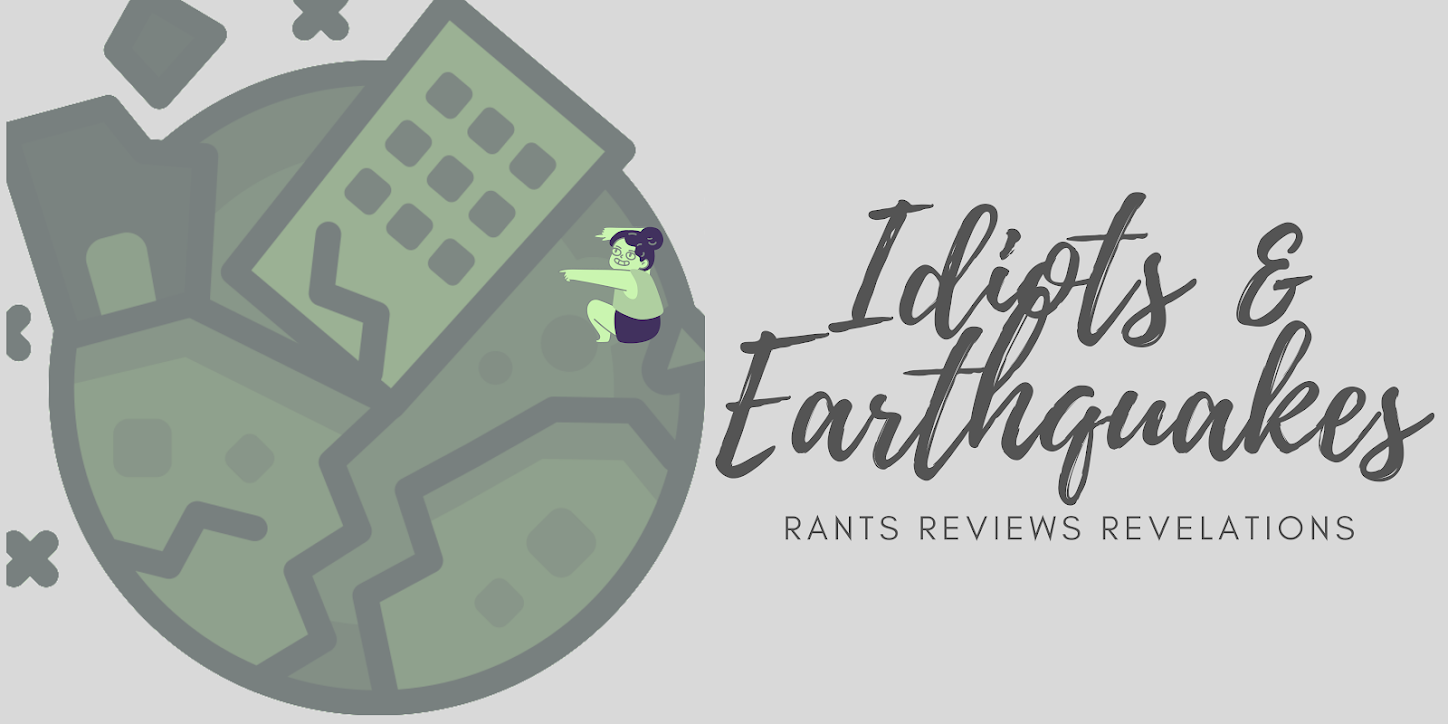So, why would you watch it when you're not already a fan of the book series and/or are not all that into the kind of fantasy that demands you read up to 700 pages per novel? First of all, it's a rather atypical fantasy story. At least the first book gets by without it being too flamboyant. There are no wizards, there is no defined magical force in Martin's realm. No broomsticks.
The only magic (I can't say if it's even mentioned in the TV series) is that the seasons change irregularly and these changes are initiated by some unknown powerful force beyond the realm; in the beginning of Season 1 the inhabitants of Westeros are up for a long and brutal winter. The onset of winter and the seasonal changes may or may not have something to do with the unknown northern part of the continent. There is a wall that separates the two parts of the world, and beyond that wall, there are said to be undead, magical creatures roaming around, but they don't really play a major part in the first book. The fantasy elements are rather thinned out, especially for the adaptation, and A Game of Thrones is first of all, a medieval epos about different Houses competing for the pole position as King.
George R.R. Martin has an obvious soft spot for the misfits of his universe, you'll notice that right after reading the first few pages rsp. seeing the first few scenes. The dialogue lines of Tyrion Lannister are by far the best, he is brother to reigning Queen Cersei and burdened by being an imp, but much smarter and wittier than all his siblings put together. He immediately gets some sympathy points for being brutally honest towards fellow in misery Jon Snow, who isn't physically disabled, but handicapped by birth rank. He is the bastard son of Eddard Stark and as such, not even allowed to carry his father's surname.
There are many other characters who are less memorable than those two and be prepared, you may have some initial difficulty to tell them apart or know who is actually related to whom and who conspires with whom to do what. After a little while though, it becomes rather self-explanatory, so don't go looking for family trees if you don't immediately remember all the connections. It's all about them, wanting the position of absolute power, being the reigning force over the seven kingdoms of Westeros, epitomized by the iron throne.
In spite of all the intrigue, the story is more character-driven than one might think. The politics-portion is not that dominant, and besides that, how complex can a political system be when it's a monarchy - no offense! But for this story it basically means that there is one monarch to rule them all, and the story is mostly about the empowerment of certain parties; what's finally done with it is only at the margines of the epilogue. It can get a little monotone at times, but the characters are diverse and multi-layered enough, so that you'll soon begin to care deeply for them, with Eddard Stark leading the way, played by the amazing Sean Bean, or Tyrion Lannister (Peter Dinklage) and even the current king who indulges all too much, Robert Baratheon (Mark Addy) is a likeable figure.
The sceneries and scenarios all over all (visually) stunning and a pleasure to watch, the intrigues are played out in brutal ways (like in the book), prepare to see some rolling heads, and a lot of bleeding going on, dear goodness, much bleeding. It splutters, it flows, it detonates out of people's necks. Yes, it's HBO, I get it, but is this bloodbath really necessary? And speaking of brutality, prepare to be surprised, because Martin uses his characters like pieces in a game of chess. He is one of those writers who isn't all too much in love with his creation, which, in theory, is a good quality for a writer. But as they die like flies, it becomes abundantly clear, that in the kingdom of Westeros, there's only one true ruler and his name is George R. R. Martin and he does as he pleases. Prepare to be shocked. And engaged.
But don't get too attached to them, because that is where he'll get you and I promise there is at least one shocking moment which will make you say out loud: "No way he just did that to this character!" And you'll hate him a little at first, but after a while, you'll want to know how the story continues. I did.
The complete first season will soon be out on DVD and Blu-ray.





